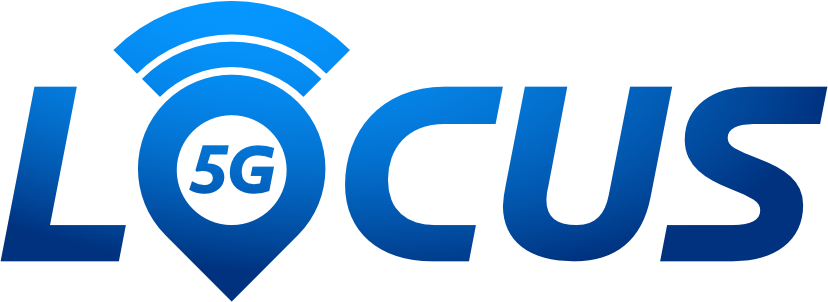IEEE Global Communications Conference
7 December 2021 // Madrid, Spain
Connecting Cultures around the Globe

Network localization and navigation (NLN) has ever-growing relevance for many emerging location-based services in indoor and outdoor environments. The deployment of 5G NR has seen localization in cellular systems and the integration with heterogeneous technologies becoming a key aspect within the 3GPP standardization starting from Release 16, enabling smarter location-aware network management, and supporting new services. 5G integrated technologies such as mmWave and massive antenna arrays have led to unprecedented localization accuracy. At the same time, the availability of new materials, reconfigurable surfaces, and the exploitation of signals of opportunity are paving the way for 6G localization, navigation, and sensing. All this potential can be capitalized by designing solutions for localization and navigation that exploit, costeffectively, a combination of distributed algorithms and highly heterogeneous technologies. These technologies encompass a multitude of sensory modalities such as RF, reconfigurable surfaces, IMU, sonar, laser, IR, and visible light. In particular, RF signals can include 5G NR, WiFi/802.11x, UWB, RFID, Bluetooth, NFC, and signals of opportunity. The availability of such heterogeneous signals creates a unique opportunity to leverage artificial intelligence and machine learning techniques for developing novel data-driven predictive capabilities for NLN. Data fusion, artificial intelligence, machine learning, cross-layer optimization, and new application scenarios are vital aspects for further advances in the field and present exciting challenges for practitioners and researchers.
Topics of interest include, but are not limited to the following:
| • Data fusion for heterogeneous technologies • Cooperative localization and navigation • Simultaneous localization and mapping (SLAM) • Intelligent reflective surfaces • Joint sensing and communication • Location-aware network management • Integrity and security of location data • Multi-agent control • Intelligent Transportation • Situational Awareness • Fundamental limits • Online Bayesian filtering • Methods with robust performance • Position-dependent parameter estimation • Information coupling in distributed localization • Distributed estimation and optimization | • Hybrid IMU and magnetic pedestrian navigation • Localization via signals of opportunity • Passive and active RFID • Spectrum/Energy efficient positioning • Sensor radar networks • Localization methods for IoT and 5G • Soft information for localization • AI for location-awareness • Joint localization and communication • Security and privacy in localization • Mobility models for tracking • Testbeds and experimentation • Machine learning for localization • Multi-agent reinforcement learning • Location-awareness for wireless networks |
Co-Chairs:
• Stefania Bartoletti (IEIIT-CNR and CNIT, Italy); e-mail: stefania.bartoletti@cnr.it
• Andrea Giorgetti (Univ. of Bologna, Italy); e-mail: andrea.giorgetti@unibo.it
• Takai Eddine Kennouche, (VIAVI Solutions, France); e-mail: takaieddine.kennouche@viavisolutions.com
• Mohammad Javad Khojasteh (MIT, USA); e-mail: khojasteh@ieee.org
Important Dates
Workshop paper submission deadline: July 5, 2021
Workshop paper decision date: September 15, 2021
Camera-ready due: November 15, 2021


